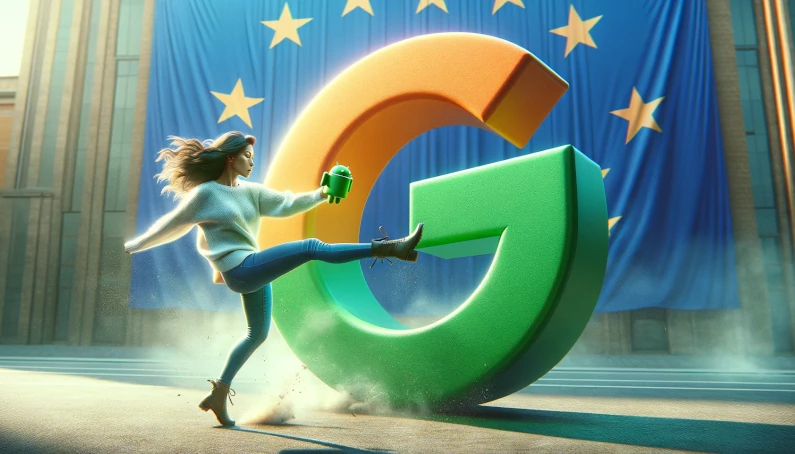The EU Commission designated Google as one of the “gatekeepers” that need to be regulated to ensure the openness of digital services. In response to this designation, Google has announced some changes ahead of the EU’s Digital Markets Act taking effect on March 6, 2024. One of the major changes is the ability for European users to unlink some of Google’s services to prevent data sharing between them.
The list of Google services that EU users will be able to link or unlink is detailed on a support page. These include Google Search, Google Shopping, Google Maps, Google Play, YouTube, Chrome, and ad services. European users can choose to keep them all linked as they are today, unlink them entirely, or keep only some of them linked together. Google has explained that when services are linked, they can share data with each other and with all other Google services for certain purposes, such as content and ad personalization based on user settings.
However, if users choose to unlink some of Google’s aforementioned services, it could impact some of their features. For example, Google mentioned that reservations made on Google Search will not appear on Google Maps, and search recommendations will become less relevant after unlinking Search, YouTube, and Chrome. Nevertheless, Google emphasized that “aspects of a service that don’t involve data sharing won’t be affected.”
Good news for EU users is that they will have the option to manage their linked services at any time in their Google account settings. The option is not available yet but will appear in a new section called “Linked Google Services” on the Data & Privacy page of account settings.
This change harks back to the time when Google attempted to force users to centralize all their personal information via their Google+ identity. This move was met with significant user resistance, and Google eventually withdrew its Google+ platform. While the DMA will only apply to users in Europe, it represents a positive change for those concerned about privacy and data sharing.
The EU’s DMA will also compel Microsoft and Apple to make changes to their platforms starting in March. For example, Microsoft will allow EU users to uninstall Edge from Windows and choose alternative search providers other than Bing in Windows Search.
Sign up for the newsletter. Stay updated!
We will send you periodical important communications and news about the digital world. You can unsubscribe at any time by clicking the appropriate link at the bottom of the newsletter.


Leave a Reply